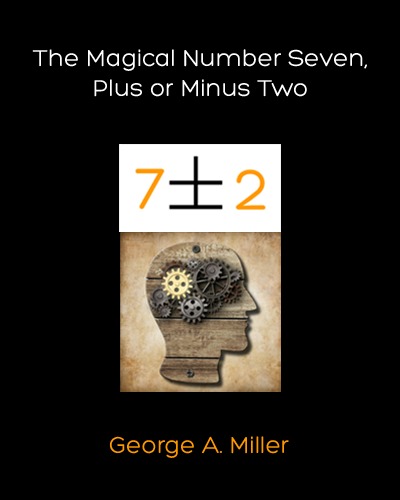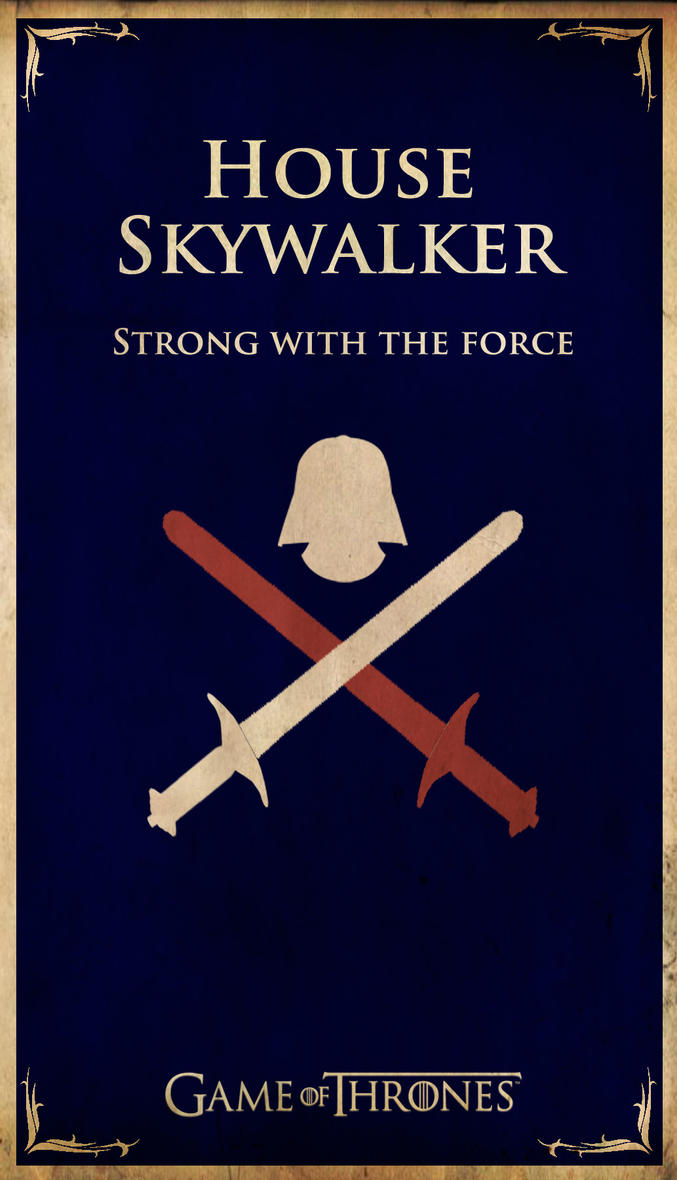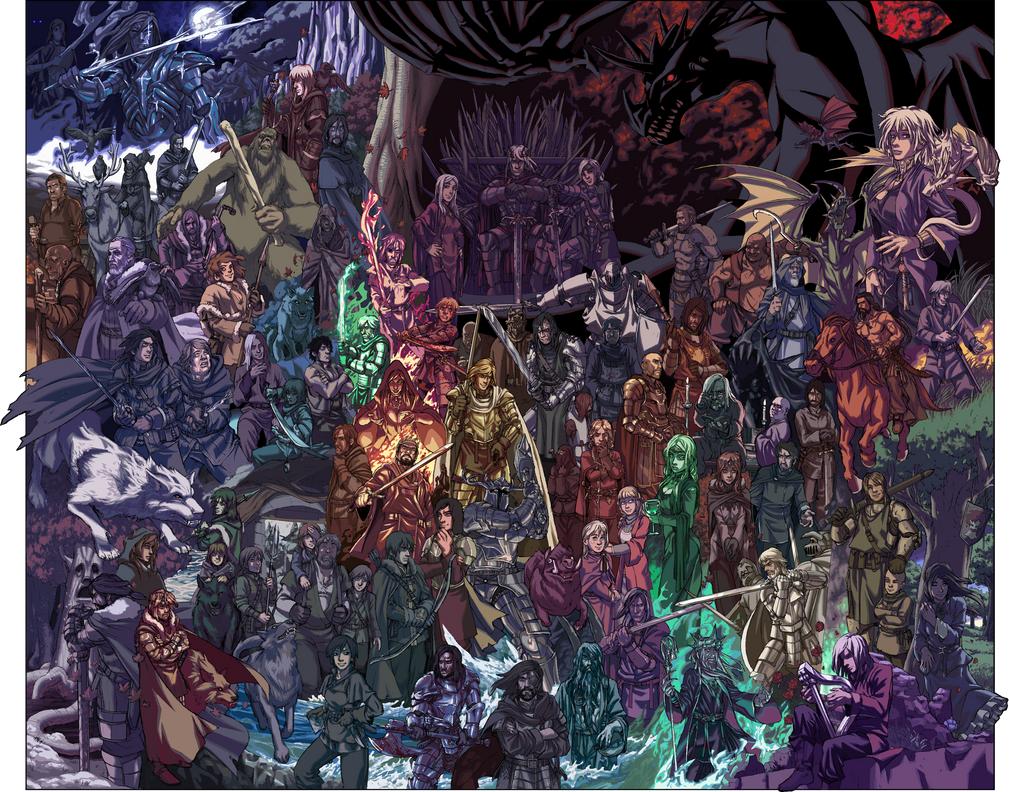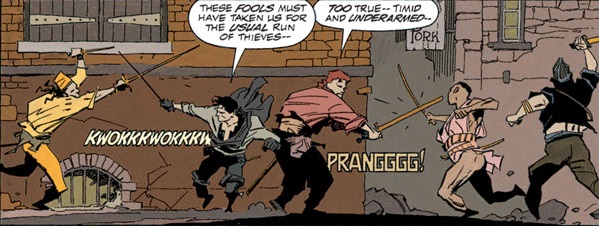NOTE: there are NO SPOILERS in this post, and has nothing to do with the new movie, but hey, if you want to be on the safe side, just watch the movies first.
My friends are great fans of Star Wars; some of them, even more than me. We have probably played every RPG version out there, including d6, d20, FFG and some home-brews, not to mention video games, board games, etc.
I am a big fan of A Song of Ice and Fire. All my friends are, up to a point, but I might be the biggest fan in the group, so take the next sentence with a grain of salt: Westeros (the world of ASOIF), or something like it, might be the best possible setting for a group like ours, which is why some our best sessions were set in it.
As we get older and game a little less often, I'm starting to feel
familiarity plays a bigger and bigger part in our games. Most of the players come to a session looking to have some fun in that particular session, but half of my group can hardly remember what happened in the last session, not to mention a couple of months ago. I try not to few bad about it, because half of them didn't remember ever playing a particular edition of DC Heroes - INCLUDING the GM that ran half a dozen sessions with it a couple of years ago!
In any case, "world building" is quite difficult to do in this circumstances, and I think most of the players wouldn't read more than a few pages of any given setting at once, as time is very scarce. Well, maybe they WOULD each one read about a particular setting... just not the same one. One of my friends seems to know everything about Warhammer 40,000, and another one has tons of Legends of the 5 Rings books, for example. But finding a setting that causes this much interest in everybody is hard to do.
Also, nowadays I find that reading about any given setting is very dull when compared to reading a novel, playing a video game or watching a movie. Describing a setting in a concise and interesting manner isn't easy to do; and it has been a while since I found any interesting RPG setting, to be honest.
So, having a familiar setting is very helpful. And any familiar setting would do: Star Wars, Westeros, Middle-Earth or even Dragonlance or Dark Sun (which we used a lot in the past) might be cool. But there are a few things that make Westeros the most interesting setting for me, when opposed to Star Was, for example.
In no particular order - they seem all related somehow, so forgive me if things get repetitive:
-
Shades of Grey. There is no obvious "good versus evil" in Westeros. In fact, nobody is sure who the "good guys" are, and there is even some doubt that the world-threatening zombies might not be so bad after all. I find this makes easier to insert nuance and moral choices when compared to a "black and white" setting where the most frequent opponents are always irrevocably evil (albeit sometimes disguised), as often happens with the Sith or Tolkien's orcs.
-
A Stable Social Order. There is a somewhat stable and predictable social order to fall back to when in doubt, with kings, high-lords, lords, vassals, knights, etc. There are codes of chivalry and "proper" behavior. This constraints seem to make player characters more likely to think about their relationships instead of just murdering anyone that gets in the way (unless that someone is bigger than themselves, which makes them resource to stealth and assassination). "Might makes right" limit the types of adventure you can have in a given setting.
-
A Flexible Social Order. On the other hand, I think it is very important to have some flexibility built in the system, including possibilities of social mobility and of turning the whole order upside down from time to time, which is basically what happens in various moments of ASOIF. When you're in a military setting such as WH40K (as far as I understand it), not following orders will make you the enemy, and rebelling against your own group is unthinkable; thus, freedom of choice is somewhat diminished.
-
Weak Metaplot. Star Wars has a very strong conflict in its core; the fate of the entire galaxy is at stake. Same for Lord of The Rings, with the fate of Middle-earth hanging in the balance. Failure means total destruction, success means everything is going to be alright, more or less. This is somewhat better in ASOIF, where multiple outcomes seem possible, even if the "bad guys" (who are those again?) win.
-
Strong Supporting Cast. Having multiple interesting NPCs is good. Having multiple interesting NPCs that you already know is way better. It is also a good thing that many of this characters aren't the "mighty heroes" of the setting. Interacting with Gandalf or Luke Skywalker might overshadow the PCs; they outclass the PCs as allies, can hardly be defeated as foes (which is specially hard if you're trying to preserve canon to some extent), and even if you see them as patrons you might have difficulty in explaining why such people need help from simple adventurers.
Also, when you have lots of strong characters, you might be interested on finding out what happens next even if the most important character dies. This helps creating a sense that any character, including player characters, can become important.
Whats better, the minor characters have their own goals, often independent from major characters and even from major events. Take Quentyn Martell or Brienne of Tarth, that go through amazing adventures of their own with little relation to the main "Ice and Fire" plot. It really makes one feel like thee are innumerable possible adventures in that setting.
Compare that to Tolkien of Star Wars: most "minor" adventures are directly tied to the main conflict, with the most important characters fighting for one side or another, as you can see in Shadows of the Empire, Shadow of Mordor, etc.
-
Shifting allegiances. Another interesting feature of Westeros is how allegiances can change, putting characters in different positions. Defectors and traitors play an important part, and they are not always evil or weak, opening interesting possibilities for player characters other than victory or death. You could fight a friend at a tournament, or ally with a foe due to circumstances. You might have evil allies on your side, or noble warriors on the opposing force - which is rare in Star Wars or Lord of the Rings, for example.
-
Multiple Important Factions. This might be the best feature of playing in Westeros for my group. It ties everything else together, in some ways.
First, it is easy to introduce an important NPC. When the group meets a knight called "Lyonel Lannister" or "Edic Stark", he already brings dozens of unspoken assumptions in his name. The same happens if they meet an unnamed member of the Kingsguard or the Night's Watch. The best thing, of course, is that there are NO guarantees that those assumptions will be true: the Lannister guy can be an impoverished and gentle warrior, and even a member of the Kingsguard can be incompetent and weak.
A single character can be part of multiple significant circles: a family, a foster family, a knightly order, a group of friends that fought side by side, etc.
And, again, no good or evil: every faction has its own interests, and not all of those interests point the same way. Or, as Jaime Lannister said in the TV series (
source):
"So many vows. They make you swear and swear. Defend the King, obey the King, obey your father, protect the innocent, defend the weak. But what if your father despises the King? What if the King massacres the innocent? It's too much. No matter what you do, you're forsaking one vow or another."
This kinds of choices - and, well, meaningful choices in general - is what a great campaign is made of.
By the way, I'm currently playing a D&D game set in Ravnica. Important factions are quite meaningful to me.
The problem with Canon. Playing an RPG in Westeros shares the same problems as any setting you didn't create: you must decide how close to canon you want to stick to. Too far, and you lose familiarity; too close, and the player characters cant seem to accomplish anything. My ideal solution is setting the game a few hundred years apart from the original story, so you can keep the same ideas, factions, etc, without feeling constrained by canon.
Also, one way or another, ASOIF will reach a conclusion. The world might get saved or doomed after all, which might make the player characters insignificant in the long run. I think I still might have fun with Westeros in my game, because there are still lots of significant things to do in the unknown past - topple an evil king, start an important lineage, destroy mythical creatures, etc.
What other settings have the same qualities?
Any setting your group is familiar with will do. Pendragon comes to mind, if your group is somewhat familiarized with Arthurian myth. Quasi-historical settings may work in the same way, but strictly historical ones will cause problems with "canon" as mentioned above, unless they happen in an era where there is little record of most events.
See
this relevant article on Wikipedia describing the Hyborian Age:
Howard had an intense love for history and historical dramas; however, at the same time, he recognized the difficulties and the time-consuming research needed in maintaining historical accuracy. By conceiving a timeless setting – a vanished age – and by carefully choosing names that resembled our history, Howard avoided the problem of historical anachronisms and the need for lengthy exposition.
Star Wars may work (there are a million books, cartoons, comic books and videogames to prove that), although you might want to include factions that are not in the movies (Yuuzhan Vong, Gray Jedi) if you dislike the somewhat "good versus evil" struggle of the original movies.
RPG settings work well enough if everybody is familiar with them, but they must believe the setting premises, which isn't always easy - I could never quite care about super-powerful NPCs in most RPGs, for example, because they often seem to serve no purpose other than being super-powerful NPCs.
Also, many RPG setting ruins things with metaplots. This, to me, defeats the whole purpose of having an RPG setting in the first place; if all the outcomes are already defined, how are the character choices relevant at all?
By the way, familiarity is a good argument to have dwarves, elves, and dragons (or, say, pseudo-England, pseudo-England, etc) instead of original creatures. Those things create immediate expectations in the players minds, and you can play with these expectations in your own setting to create interesting effects - which ASOIF does to some extent.
Still, most of RPG settings with "vanilla" dwarves, elves and dragon seem tiresome and clichéd to me. Go figure.
Thus, a good setting, for me, has to included: shades of grey, multiple interesting factions, a stable but malleable social order, cool but not all-important NPCs, no "hard" metaplot, and, specially, familiarity - preferably using familiar tropes in unexpected ways.
My favorite settings (or the ones that come to mind right now, in any case) are Westeros, Dark Sun, or something inspired by Ravnica or Dark Souls.
Can you think of other good examples?












